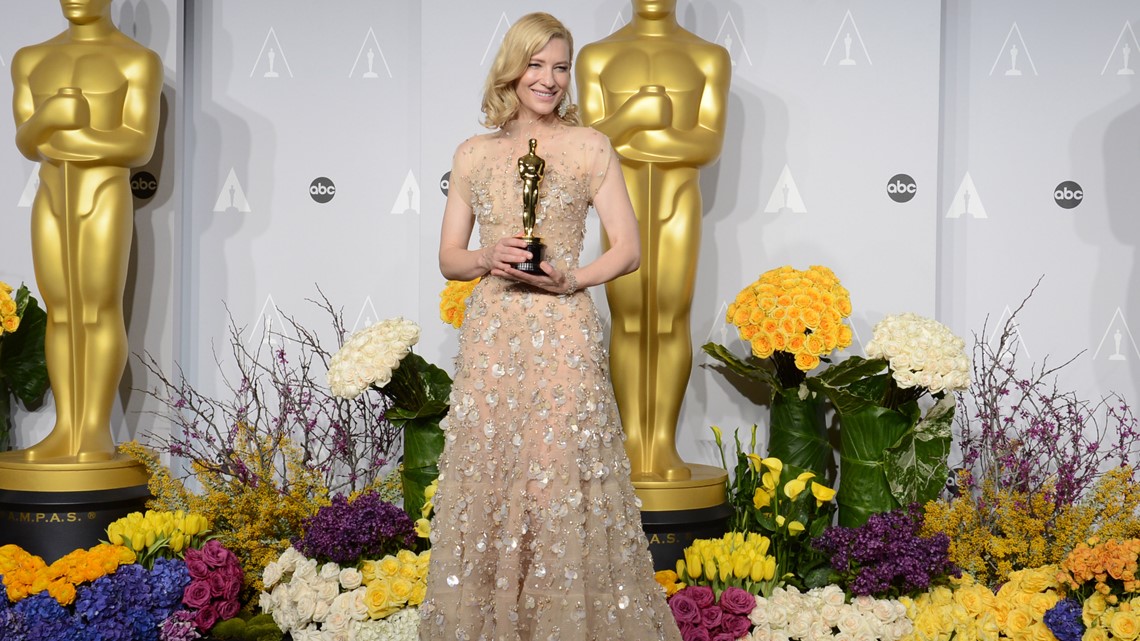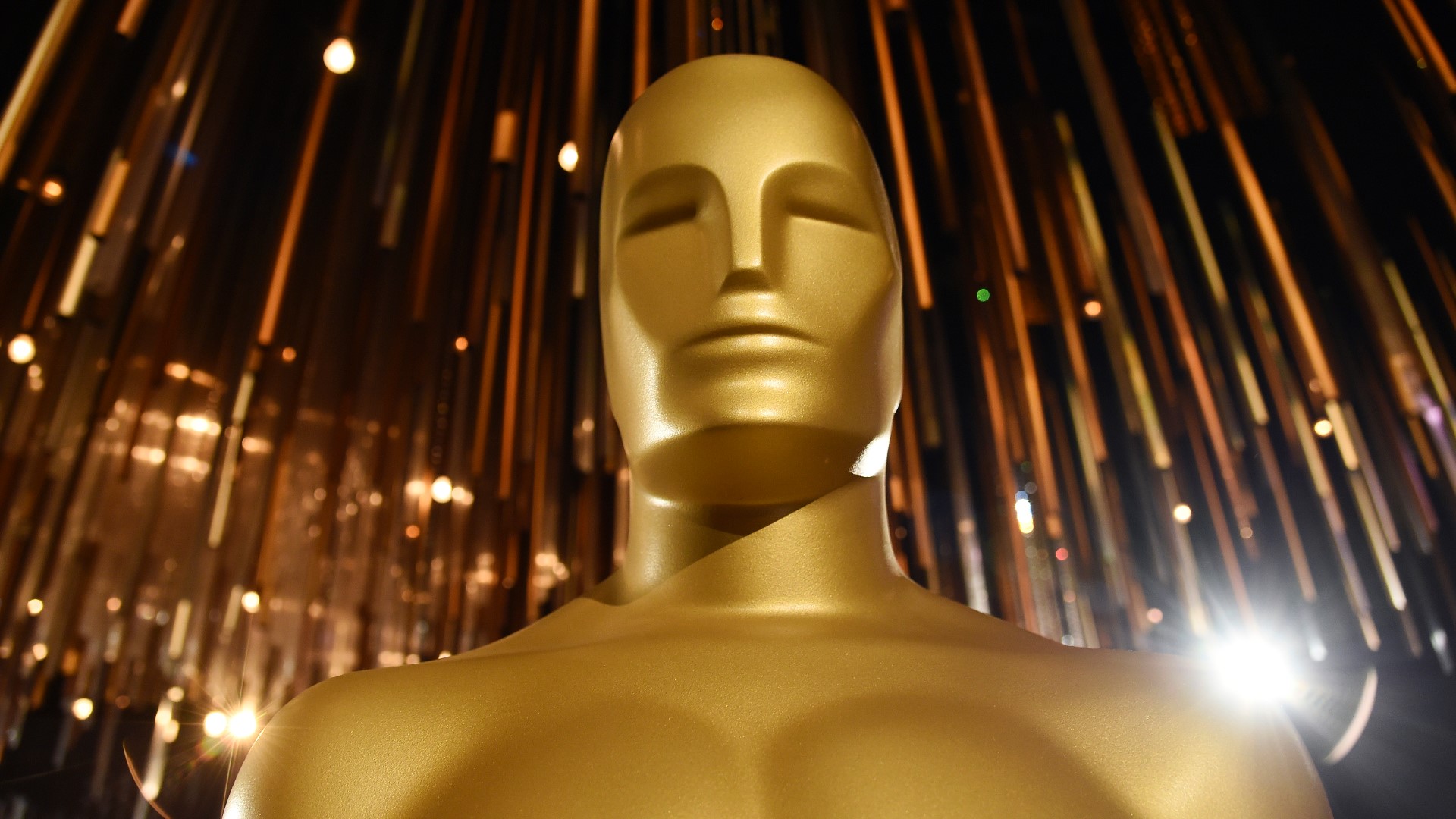The 92nd Academy Awards are almost here. This year's ceremony is the earliest ever with the voting period closing two weeks earlier than normal. For the past decade, the ceremony has been held in either late February or early March.
For the second year in a row, the Oscars will not have a host. Last year, comedian Kevin Hart was named host but stepped down following the discovery of homophobic tweets made by the comedian in 2009 and 2010.
Instead of a host, several entertainers including each original song nominee will perform. ABC also announced that Grammy award-winning artist Billie Eilish will have a "special performance" during the telecast. Last month, it was confirmed that Eilish will write and record the theme song for the upcoming James Bond movie "No Time To Die."
Brush up on your Oscar knowledge before the big night with some little known facts about Hollywood's biggest night.
The statuette's "real name" isn't Oscar
The Oscar statuette's official name is the Academy Award of Merit. The solid bronze statuette of a knight holding a crusader's sword and standing on top of a reel of film is 13.5 inches tall and weighs 8.5 pounds.
The origins of its nickname are unclear, but according to the Academy Awards site, the popular story is that Margaret Herrick, the Academy librarian and eventual executive director, said the statuette looked like her uncle Oscar. The nickname was officially adopted in 1939, but it was widely referred to as an Oscar long before.
The cost of the ceremony is $44 million
To put on a ceremony as big as the Oscars it comes with a hefty budget.
According to Wallethub, this year's ceremony will cost $44 million. Included in that figure is the $24,700 price tag for the 16,500-square-foot red carpet that celebrities will walk on as they head in to the Dolby Theatre in Los Angeles.
Wallethub also reports that A-list stars spend upwards of $10 million on their attire. Actress Cate Blanchett holds the record of most expensive Oscars outfit for her look in 2014. Despite all the money that goes in to one of Hollywood's biggest nights, the ceremony provides a $130 million boost to the local economy.


There used to be a separate award for children
The Academy Awards sporadically gave out an honor called the "Academy Juvenile Award." It was reserved for performers under the age of 18, and the honorary award was used to recognize "outstanding contributions to screen entertainment" by child actors. The category was designed so that children wouldn't be pitted against adults for the highly competitive Best Actor/Actress categories, and winners received a half-size statuette. Shirley Temple became the youngest person to win the award at age 6. Not counting the Juvenile Award, Tatum O'Neal is the youngest Oscar winner in history. She won Best Supporting Actress at age 10 for her role in "Paper Moon." The award was discontinued in 1963, and children and adults have been nominated on equal footing ever since.
RELATED: Oscars 2020: Full List of Nominees
Winners have rejected their awards
The Academy Award is considered one of the most prestigious in the film industry, but not every winner has accepted the honor. In 1973, Marlon Brando boycotted the Oscars to protest Hollywood's depiction of Native Americans. He was a shoe-in for best actor for his role in "The Godfather," and when he won, Native American activist Sacheen Littlefeather read his speech in his place. She would not accept the statuette, and the presenter was left holding on to it.
One person has won the Oscar without even being nominated
Hal Mohr won the Oscar for Cinematography in 1935 for his work in "A Midsummer Night's Dream," but he wasn't even nominated. It was the second of only two years that the Academy allowed write-in votes, and Mohr beat his colleagues Gregg Toland for "Les Miserables," Victor Milner for "The Crusades" and Ray June for "Barbary Coast." It was the only time a write-in nominee won any category, and the practice was abolished the next year.

